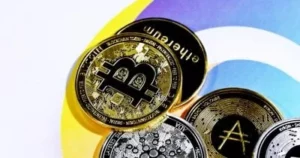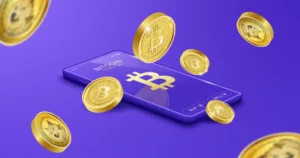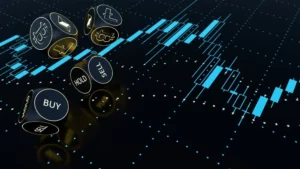The rise of blockchain has opened new paths for investors across the Muslim world. Yet, with every innovation comes the need for ethical clarity. Halal crypto trading focuses on financial transactions that comply with Islamic law, avoiding speculation, interest, and unjust profit. This market segment continues to expand as traders look for verified methods to participate in digital finance without breaching Sharia principles.
Understanding Halal Crypto Trading
Halal crypto trading refers to investing in or exchanging digital assets under the guidance of Islamic financial rules. The core principle is that trading must involve assets with intrinsic value and avoid speculation (gharar) or interest-based gains (riba). In simple terms, a halal trader buys or sells crypto tokens representing genuine projects, ownership rights, or utility — not mere market speculation.
To assess if a digital asset qualifies as halal, several factors are considered:
- Underlying asset value – The token must represent a real product, service, or project, not a gambling or betting mechanism.
- Purpose and function – The use of funds or technology must serve a lawful goal under Islamic law.
- Transaction transparency – Contracts and fees must be clear, without hidden conditions.
- Avoidance of riba – Interest-based loans, margin trading, and staking models involving guaranteed returns are considered haram.
The Islamic view of crypto has evolved. Early scholars were cautious, citing uncertainty about value and ownership. However, as blockchain technology matured and asset-backed models appeared, several advisory boards recognized specific tokens and platforms as permissible. Today, Muslim investors can find clear guidance from recognized Sharia authorities when entering digital markets.
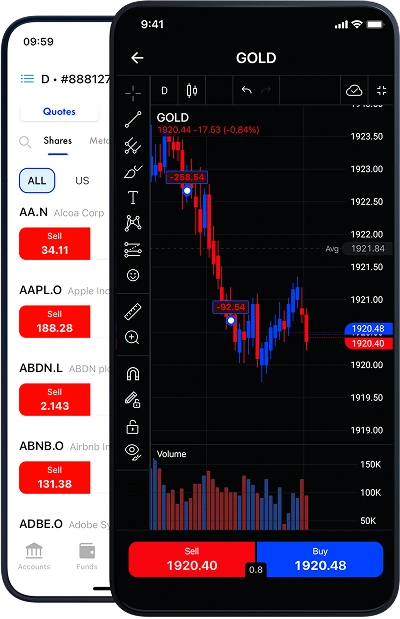
Key Principles of Sharia-Compliant Trading
For any trading activity to be halal, it must follow key Sharia principles designed to prevent exploitation and promote fairness. Crypto trading is no exception. Below are the main standards applied to assess compliance:
| Principle | Explanation |
| Riba (Interest) | Earning profit from interest or loans is forbidden. Transactions must rely on ownership transfer or value exchange. |
| Gharar (Uncertainty) | Contracts involving excessive uncertainty, speculation, or unclear terms are prohibited. |
| Maysir (Gambling) | Earning income purely from chance or luck, such as high-risk bets, is haram. |
| Asset-Backed Value | Trades must involve a tangible or utility-based asset that holds intrinsic worth. |
| Ethical Purpose | The project’s business model must not involve prohibited sectors like alcohol, gambling, or adult content. |
These principles make Islamic-compliant crypto trading distinct from conventional speculation. Traders focus on tokens representing ownership, rights, or participation in productive ventures rather than random price movements.
In practice, a halal crypto transaction avoids contracts such as margin trading or futures, as they often include riba or excessive gharar. Instead, spot trading and asset-backed tokens are preferred because they involve direct exchange.
Common examples of compliant activities:
- Buying and holding tokens of blockchain projects offering real services (e.g., payment solutions or logistics tracking).
- Participating in asset-backed stablecoin systems with full reserve transparency.
- Trading through verified peer-to-peer exchanges using fiat or commodity-backed settlement.
Practices considered non-compliant:
- Leveraged trading using borrowed funds.
- Yield farming or staking models guaranteeing fixed returns.
- Investing in tokens tied to gambling or speculative NFTs.
The structure of halal trading relies on transparency and risk-sharing. Every party involved must understand the contract terms, asset value, and risks. The goal isn’t short-term speculation but lawful participation in a transparent digital market.
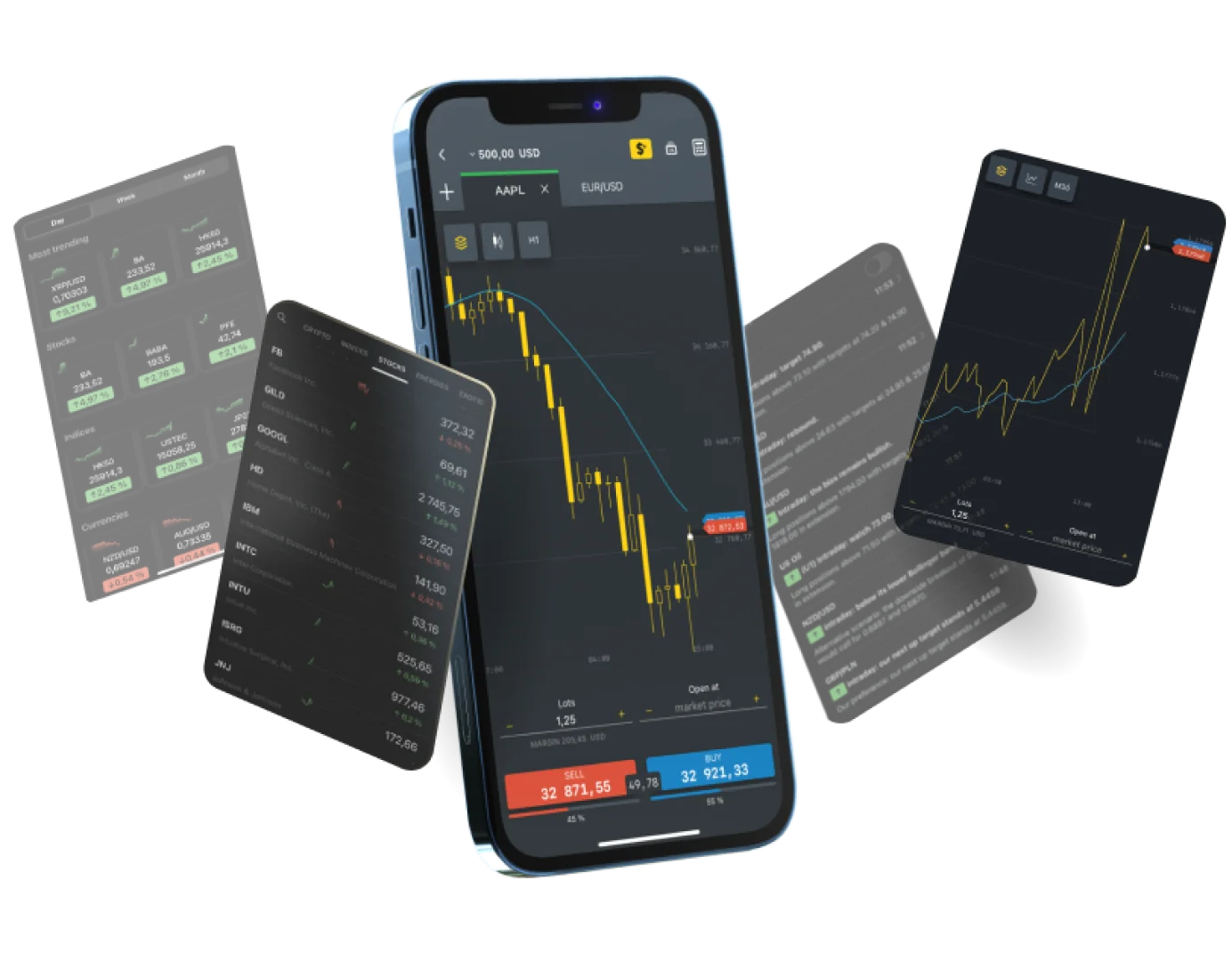
Recognized Halal Crypto Projects and Tokens
The classification of cryptocurrencies under Islamic law depends on their structure and purpose. Not every digital token qualifies as halal, but several projects have been reviewed by Sharia boards and received positive rulings. These evaluations focus on compliance with Islamic finance principles—mainly the absence of interest, speculation, and unlawful activity.
Islamic advisory boards and financial scholars assess each project individually. Their verdicts are based on whether a token has real-world application, transparent management, and legitimate asset backing. Projects that meet these conditions often attract Muslim investors seeking ethical alternatives in blockchain markets.
Coins Approved by Islamic Scholars or Sharia Advisory Boards
In recent years, several cryptocurrencies have undergone review by Islamic finance authorities. Some have been explicitly recognized as permissible due to their underlying structure and practical value. Below is a summary of commonly referenced examples:
| Token | Reason for Compliance | Verification Body / Region |
| Bitcoin (BTC) | Recognized as a digital asset, similar to a commodity; used for value exchange without interest. | Some scholars in Malaysia, UAE, and Bahrain |
| Ethereum (ETH) | Considered halal if used for smart contracts and decentralized projects with lawful purposes. | Islamic Finance Advisory Boards in Southeast Asia |
| OneGram (OGC) | Fully asset-backed by physical gold reserves; developed under Sharia supervision. | Officially certified by Al Maali Consulting |
| IslamicCoin (ISLM) | Built specifically for compliance with Sharia finance; includes a governance model donating part of profits to charity. | Endorsed by several Middle Eastern scholars |
| Stellar (XLM) | Accepted by some advisors for remittance-based operations and transparent transaction structure. | Reviewed by Sharia advisory teams in the Gulf region |
It’s important to note that opinions vary among scholars. Approval of one project does not mean universal consensus. Muslim investors are encouraged to consult local scholars or certified Sharia boards before trading or investing.
Key Takeaways:
- Bitcoin and Ethereum are often viewed as conditionally permissible when used as payment or for legitimate business purposes.
- Gold-backed or stable-value tokens are generally preferred for their intrinsic asset connection.
- Projects explicitly designed under Islamic finance frameworks, like IslamicCoin, are more likely to maintain compliance in the long term.
The Difference Between Utility Tokens and Speculative Assets
One of the key distinctions in halal crypto trading lies in differentiating utility tokens from speculative assets. Utility tokens serve an operational role within a project—granting access to services, voting rights, or transaction processing—while speculative tokens exist mainly for price fluctuation and profit-seeking.
| Type | Characteristics | Halal Assessment |
| Utility Tokens | Used to pay for services or functions within a blockchain network. | Generally halal if linked to a real project or product. |
| Asset-Backed Tokens | Represent ownership of tangible assets such as gold, property, or commodities. | Typically halal, provided the asset backing is verifiable. |
| Speculative Tokens | Created mainly for market speculation or gambling-type profit. | Usually haram due to gharar and maysir. |
Criteria to Identify a Halal Token:
- Purpose – The token must contribute to a productive or service-oriented project.
- Transparency – Project goals, whitepapers, and audits must be clear and publicly accessible.
- Ownership – The buyer should receive genuine rights or utility, not just market exposure.
- Market Conduct – Tokens with extreme price manipulation or pump-and-dump activity violate Sharia ethics.
Utility tokens that create access to legitimate services, like decentralized logistics or digital payments, align more closely with Islamic values. In contrast, purely speculative assets—especially those promoting gambling or NFT-based betting—are considered non-compliant.
Best Platforms Offering Halal and Legal Crypto Trading
Halal crypto platforms are designed to align with Islamic financial ethics while maintaining transparency and investor security. Their operations exclude interest-based lending, margin trading, and speculative contracts. Instead, these services focus on spot trading, real asset backing, and Sharia-certified tokens.
The most reliable halal platforms are often reviewed by recognized Islamic finance institutions or supervised by advisory councils specializing in Sharia compliance. Such verification adds credibility and reassures investors that the service adheres to ethical standards and legitimate trade principles.
Exchanges Verified by Islamic Finance Certification Bodies
Certain crypto exchanges have gone through formal certification processes conducted by Sharia advisory boards. These boards inspect transaction structures, profit models, and asset management frameworks before issuing approval.
Examples of exchanges and verification details include:
| Exchange Name | Country/Region | Sharia Certification Body | Main Features |
| Rain Exchange | Bahrain | Sharia Review Bureau (SRB) | Fully licensed in the GCC; spot trading only; no margin or derivatives. |
| CoinMENA | Bahrain | Sharia-compliant status granted by SRB | Transparent operations; fiat on/off ramps for local currencies. |
| Haqq Exchange (IslamicCoin network) | UAE | Fatwa-certified by a group of Islamic scholars | Built on a blockchain with built-in charity allocation. |
| Fasset | Indonesia / UAE | Under review by regional Islamic advisory authorities | Asset tokenization and commodity-backed crypto trading. |
These platforms stand out for strict compliance and governance. They avoid interest-bearing activities and keep trading limited to real asset exchanges. Additionally, many disclose their reserve audits to confirm liquidity and transparency.
Platforms with Transparent Trading Practices and Real Asset Backing
Transparency is one of the main indicators of halal compliance. Traders in Islamic finance prioritize platforms that provide open audits, real asset verification, and ethical operational standards.
Key traits of transparent halal exchanges:
- Public financial audits – Proof of reserves confirming all client holdings are fully backed.
- Spot-based transactions – No leveraged or derivative products.
- Sharia governance board – An independent advisory committee supervising operations.
- Charitable giving mechanisms – Some Islamic-compliant networks dedicate part of transaction fees to zakat or waqf.
Examples include OneGram and IslamicCoin, which integrate gold or charitable endowments directly into their blockchain architecture. This approach combines real-world value with ethical purpose, minimizing gharar and speculation.
A second example is Fasset, which tokenizes physical assets such as real estate or commodities. This structure supports the principle of asset-backed trading, giving every digital transaction tangible value.
Peer-to-Peer Networks Compliant with Islamic Finance Standards
Peer-to-peer (P2P) networks play a significant role in halal trading by allowing direct exchanges between users without intermediaries that charge interest or impose unclear terms. These systems mirror traditional Islamic trading ethics — trade based on mutual consent and ownership transfer.
Key features of compliant P2P systems include:
- Direct ownership exchange: Traders transfer digital assets directly in return for lawful payment.
- Clear contract terms: Agreements specify amount, price, and delivery time.
- No speculative trading: The exchange happens immediately, without delayed settlement or margin contracts.
- Use of fiat or stable-value tokens: Many Sharia-compliant traders prefer gold- or commodity-backed stablecoins for P2P settlements.
Prominent examples are LocalCoinSwap and Paxful, which have introduced trading filters for Sharia-compliant transactions. While not all activities on these networks meet halal criteria, users can select direct trade options with full transparency.
In some regions, Islamic fintech startups are building regional P2P frameworks that comply with Sharia accounting and zakat distribution models. These projects focus on community-based liquidity pools instead of interest-based lending.
Legal Considerations in Different Countries
The legal framework for halal crypto trading varies across jurisdictions. While some Muslim-majority nations actively encourage Sharia-compliant blockchain activity, others remain cautious, waiting for clearer regulatory outcomes. Understanding local regulations helps investors choose legitimate trading options that meet both government and religious requirements.
Islamic Finance Regulations in the Middle East and Southeast Asia
In regions where Islamic finance plays a major economic role, halal crypto trading falls under well-defined standards. Financial institutions and regulators often issue fatwas and policy statements to guide the public.
| Country | Regulatory Authority | Legal Status of Crypto | Islamic Finance Position |
| UAE | Virtual Assets Regulatory Authority (VARA) | Legal under VARA licensing | Supports Sharia-compliant projects such as IslamicCoin and Haqq Blockchain |
| Saudi Arabia | Saudi Central Bank (SAMA) | Regulated under national pilot framework | Ongoing review with scholar participation for crypto utility applications |
| Malaysia | Securities Commission Malaysia (SC) | Recognized as digital assets under capital markets regulation | Active Sharia Advisory Council providing rulings on halal tokens |
| Indonesia | Majelis Ulama Indonesia (MUI) + OJK | Partially restricted for retail, but licensed exchanges operate | Fatwas differentiate between halal and haram tokens based on use cases |
Malaysia leads in practical implementation, having built the most mature Islamic fintech ecosystem. The Sharia Advisory Council collaborates with crypto exchanges and token issuers to ensure product-level compliance. Indonesia’s approach is more conservative but evolving, focusing on the educational and asset-backed aspects of digital finance.
The UAE positions itself as a regional center for Islamic-compliant blockchain ventures, offering regulated frameworks that allow innovation under supervision.
Global Exchanges That Support Sharia-Compliant Accounts
Outside Muslim-majority regions, several global exchanges have introduced features to meet the expectations of Islamic investors. Although these platforms may not be fully certified, they offer mechanisms that reduce non-compliant elements such as leverage or interest-bearing products.
Examples include:
- Binance (Spot-Only Accounts) – Some Muslim traders use the spot market to avoid margin and derivatives, aligning their activity with Sharia guidelines.
- Kraken (Proof-of-Reserves Transparency) – Offers full reserve audits, meeting the Islamic requirement for asset backing.
- OKX (Token Listing Transparency) – Publicly discloses due diligence reports and avoids interest-based reward systems for certain assets.
- Huobi Global – Announced partnerships with Middle Eastern advisory boards to develop Sharia-compliant token listings.
These platforms are not officially Islamic exchanges but provide the technical transparency necessary for responsible, ethical participation. Traders must conduct their own due diligence, including reviewing the exchange’s compliance framework and ensuring no hidden riba-based services are activated.
Factors to verify before using global exchanges:
- Exclude futures, margin, or perpetual contracts.
- Confirm that profit-sharing programs or staking pools do not involve fixed interest returns.
- Use verified proof-of-reserve exchanges that disclose full audit records.
- Prefer exchanges operating under a recognized financial authority.
By combining national regulation and ethical verification, traders can safely engage in digital markets without compromising Islamic values.
Frequently Asked Questions
Is cryptocurrency trading halal in Islam?
Trading digital assets can be halal if conducted within Islamic financial rules. The activity becomes permissible when it avoids riba (interest), gharar (excessive uncertainty), and maysir (gambling). Buying or selling real-value tokens on a transparent, spot-based market is generally allowed. However, leveraged or derivative trading is prohibited because it involves speculation and non-ownership-based profit.
